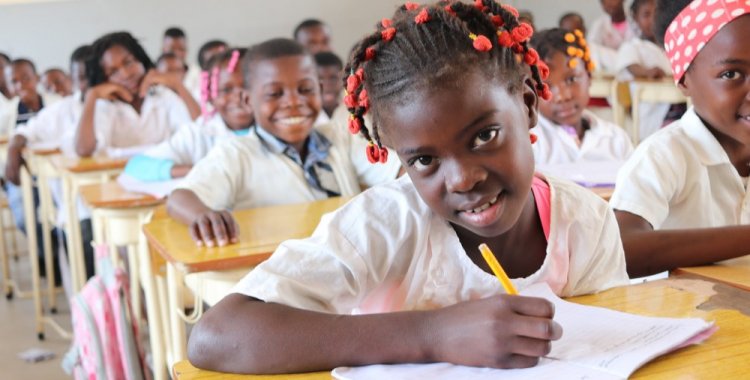José Cesário was speaking at the opening session of the plenary session of the Portuguese National Assembly of the Council of Portuguese Communities (CCP) worldwide plenary session, which began this Tuesday and will run until Thursday in Lisbon (Portugal).
The Portuguese government official expressed his disappointment with the recent results of Portuguese language teaching around the world, namely "the loss of thousands and thousands of students in Europe".
"This is something that does not satisfy me and it is a relatively recent loss, partly due to the pandemic we are experiencing", he noted.
In an attempt to change this situation, the Portuguese Secretary of State said that tuition fees will be eliminated, especially for Portuguese Language Education (EPE), from the next academic year.
"But that is not enough. There must be a readjustment of timetables to the reality of our communities. Communities have changed, but timetables in most cases have been untouched for decades", he said.
And he announced that he had already instructed the coordinators to begin "working with teachers and communities to make these adjustments".
"I am not at all reassured when I look at the United Kingdom and see that we have all the timetables around London and the rest of the United Kingdom has practically nothing", he said.
And he continued: "I cannot accept that countries like Denmark, Norway, Sweden, the Emirates, where we have new waves of emigration, do not have a single offer of Portuguese teaching".
José Cesário acknowledged that there are "tremendous social problems" affecting the Portuguese and people of Portuguese descent in some parts of the world, "especially in countries experiencing crisis situations", such as South Africa, Argentina, Venezuela, some areas of Brazil and also Angola and Mozambique.
"We will have to take very significant steps to overcome these difficulties and problems", he said, stressing the importance of the involvement of associations in reaching out to the people affected.
And he announced: "We will soon launch a new programme, which is being agreed with Social Security, which I hope will be able to complement the ASIC [Social Support for Disadvantaged Elderly People from Portuguese Communities] and ASEC [Social Support for Disadvantaged Emigrants from Portuguese Communities], which are already traditional and which in some aspects are too bureaucratic, and I hope that it will be a simpler programme that will allow us to support the most vulnerable".
The Portuguese Government's commitment to electronic voting in mobility, but provided that the necessary conditions are met, was reiterated in this speech.
The councillors who met this Tuesday were elected on 26 November 2023 and after legislative changes that changed their structure, such as the number of councillors which increased from 80 to 90, although only 76 seats were filled.
This plenary session will also see the election of the president of the Permanent Council (CP) of the CCP, who will be the new face of this consultative body, succeeding Flávio Martins (Brazil), current PSD deputy, elected by the constituency outside Europe.







